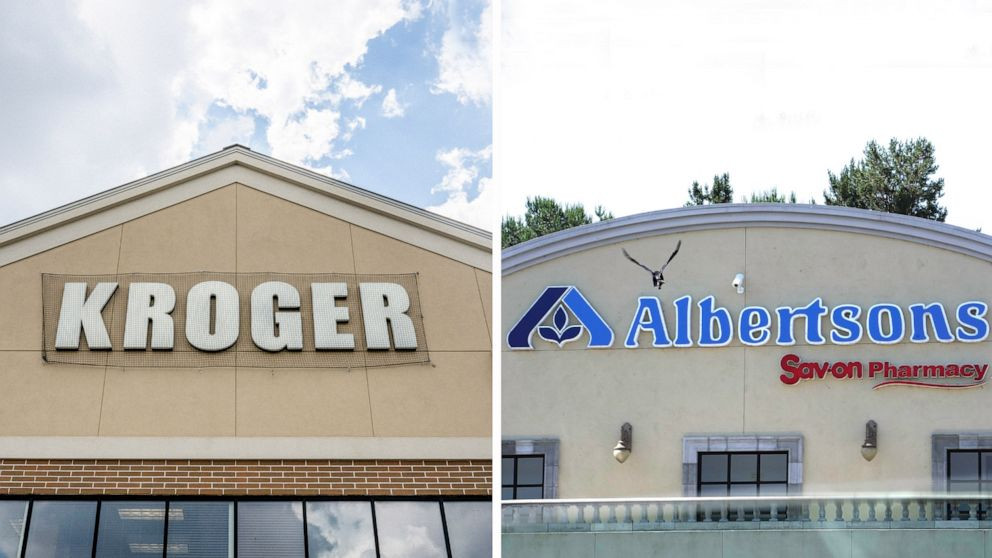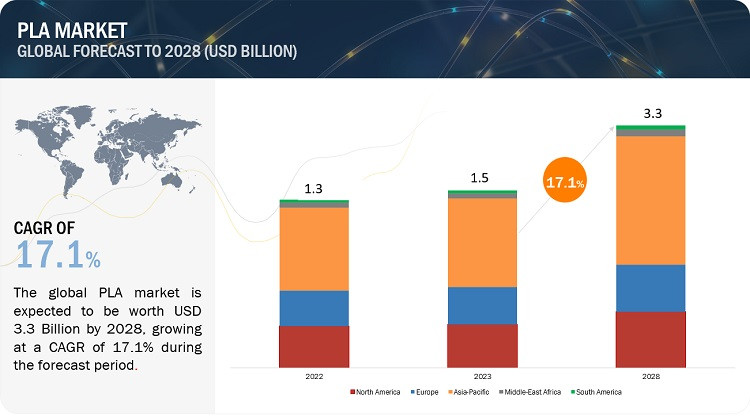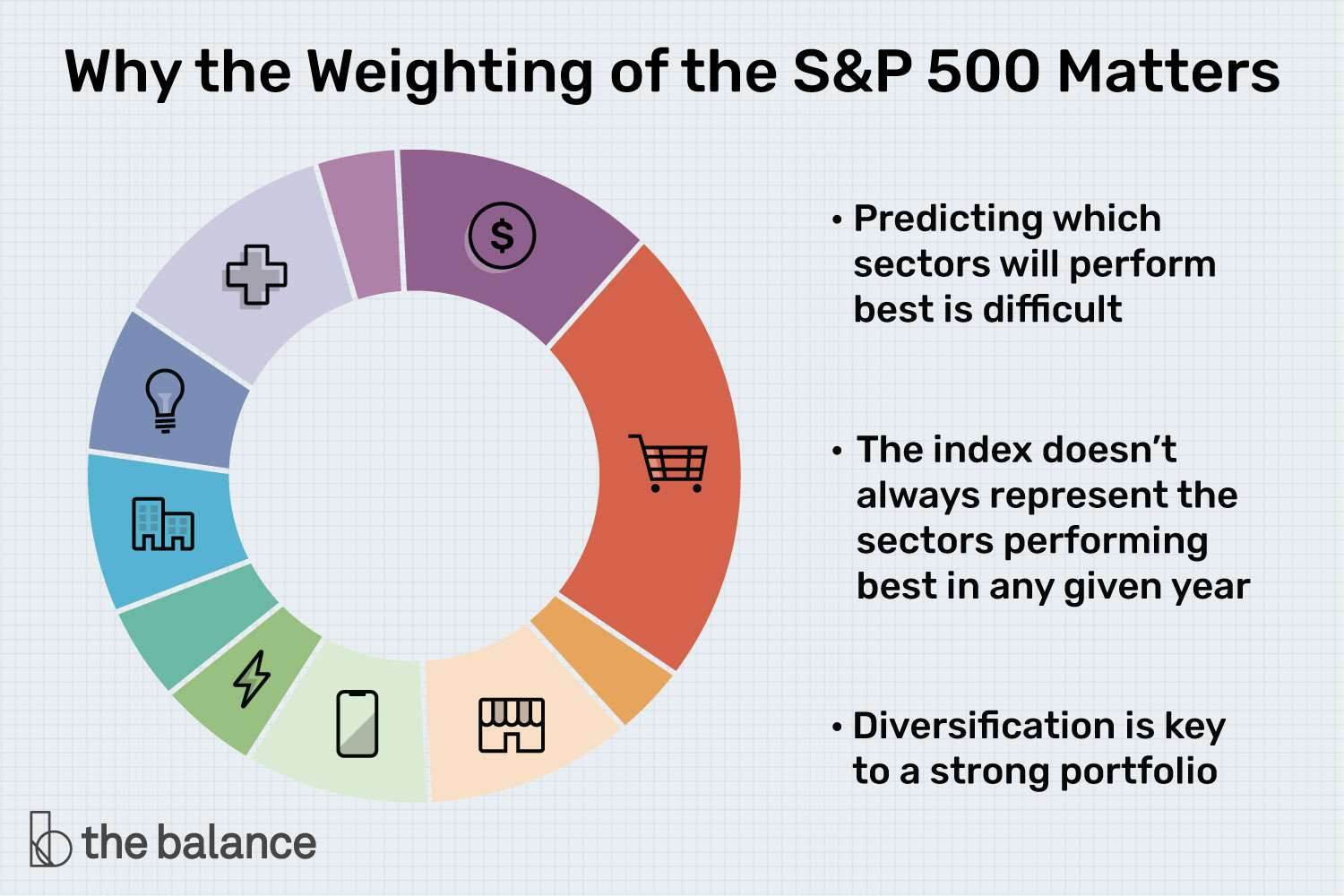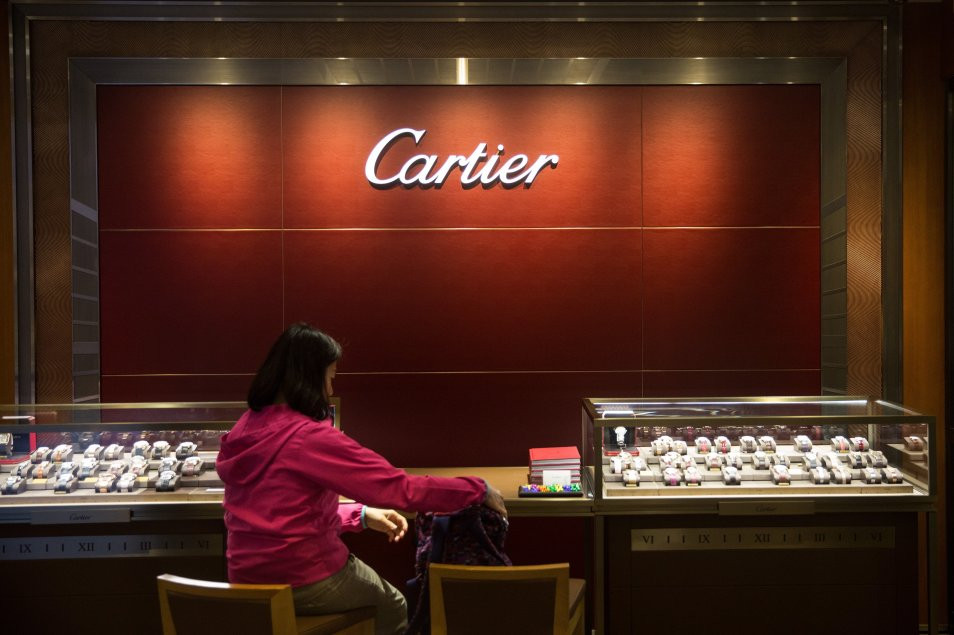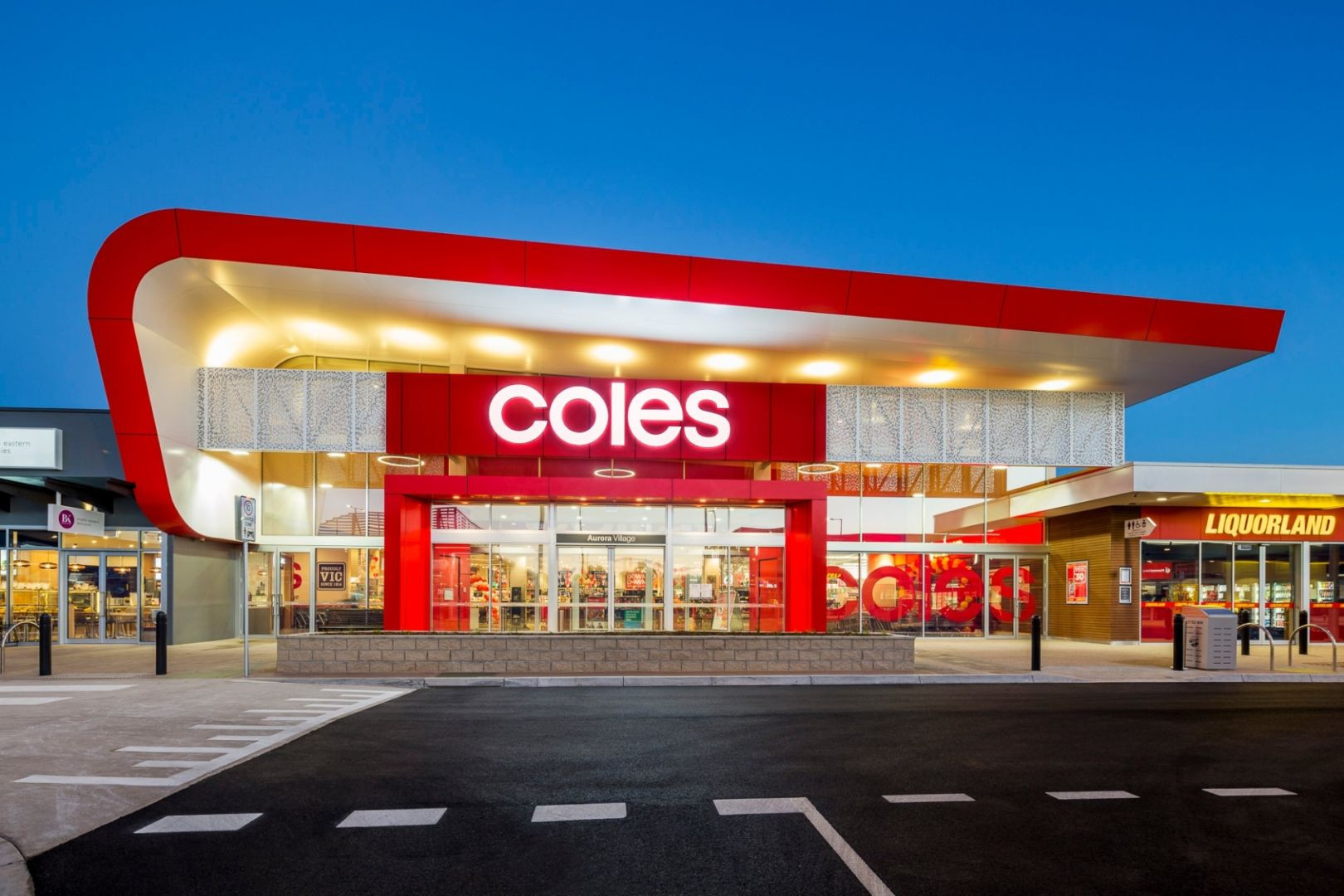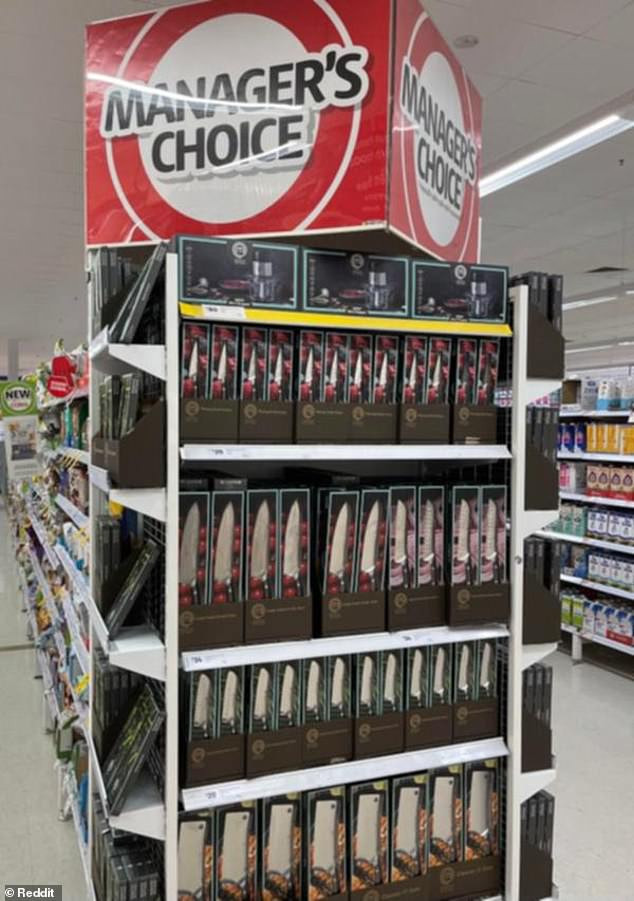Albertsons Calls Off Kroger Merger, Files Lawsuit
Grocery chain Albertsons has unexpectedly terminated its $25 billion merger agreement with Kroger, marking the end of the largest proposed merger in US supermarket history. The decision, announced Wednesday, follows a federal judge's ruling that the merger would harm competition, and now finds Albertsons taking legal action against Kroger. This dramatic turn of events leaves significant questions about the future of both companies and the broader grocery landscape.
The Fall of a Grocery Giant Merger
The merger, announced in 2022, aimed to combine the fifth and tenth largest retailers in the US, bringing together a vast network of grocery chains including Safeway, Vons, Harris Teeter, and Fred Meyer under one roof. The projected merger of these two companies, which represented the largest merger in the US supermarket history, was met with opposition from the very beginning. This monumental deal was intended to strengthen their ability to compete against giants like Walmart and Amazon, but this goal was ultimately thwarted by a myriad of legal and regulatory hurdles. The combined entity would have controlled a significant portion of the US grocery market.
Regulatory Hurdles and Antitrust Concerns
The merger faced significant pushback from various stakeholders, including the Federal Trade Commission (FTC), which filed a lawsuit to block the deal, citing anti-competitive concerns. These concerns ultimately proved to be a major obstacle. A coalition of unions, smaller grocery stores, and political leaders from both parties echoed these concerns, arguing that the merger would lead to higher prices for consumers and reduced choices. Judge Adrienne Nelson in Oregon ultimately agreed, issuing a preliminary injunction blocking the merger just a day before Albertsons' announcement.
Albertsons' Lawsuit and Kroger's Response
Albertsons' decision to terminate the merger was not only unexpected but also accompanied by a lawsuit against Kroger, accusing the company of breaching its contract agreement. Albertsons' claim centers on Kroger's alleged failure to make sufficient efforts to secure regulatory approval for the merger. The company alleges that Kroger did not exercise its “best efforts” and failed to take “any and all actions” to secure the merger. This accusation has further complicated the already tense situation between the two corporate entities. Kroger, in turn, has vehemently refuted these claims.
The Accusations and Rebuttals
Albertsons argues that Kroger actively hindered the approval process by refusing to divest necessary assets, ignoring regulatory feedback, and rejecting more favorable buyers for divested assets. This disagreement further deepens the dispute and the ensuing legal battle between the two companies. Kroger responded to Albertsons’ allegations with a statement of their own, strongly disagreeing with their accusations, and in turn blaming Albertsons for the deal falling apart.
The Aftermath and Future Implications
The collapse of the Kroger-Albertsons merger has far-reaching implications for the grocery industry. While both Kroger and Albertsons’ stocks initially experienced gains following the announcement (Albertsons stock increased even more, potentially influenced by the announcement that it would buy back $2 billion worth of shares), the long-term impact remains uncertain. The fallout from this unprecedented event has sent shockwaves throughout the industry, leading to uncertainty about the future strategies of both corporations. Analysts suggest Kroger, being the larger of the two companies, is in a stronger position to navigate this setback independently.
A New Chapter for the Grocery Industry
The failed merger serves as a significant blow to the trend of large-scale corporate consolidation within the grocery sector. The FTC’s successful challenge of the merger could set a precedent for future merger attempts in the industry. Furthermore, it highlights the ongoing power struggles between large corporations, regulatory bodies, and consumer advocacy groups, all of whom hold substantial influence over the future of the grocery industry. The outcome emphasizes the importance of competition in protecting consumers' interests and the role of regulatory oversight in preventing anti-competitive practices.
This unprecedented event will undoubtedly shape the strategies and dynamics of the grocery industry for years to come. The future direction of Albertsons and Kroger will be closely watched by investors, consumers, and industry analysts alike. This is only the beginning of this industry changing event and the unfolding of this case will keep everyone on the edge of their seats.






